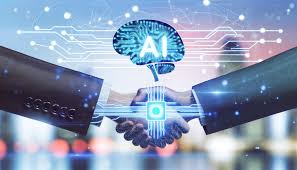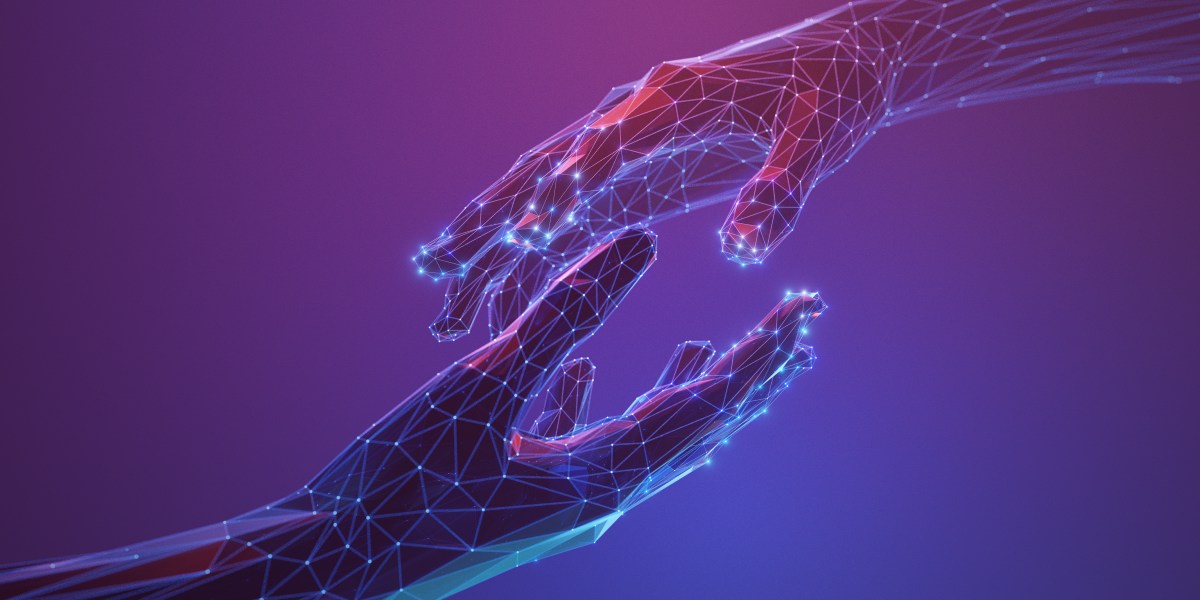Artificial Intelligence (AI) is no longer a futuristic concept limited to sci-fi movies — it has become a transformative force in the healthcare industry. From improving diagnostics and personalizing treatments to streamlining hospital operations, AI is revolutionizing how healthcare providers deliver care and how patients experience it. The rise of AI in healthcare is not just about technology advancement; it’s about saving lives, enhancing the quality of care, and creating a healthier future for all.
What is AI in Healthcare?
At its core, AI refers to computer systems capable of performing tasks that usually require human intelligence, such as learning, reasoning, problem-solving, and decision-making. In healthcare, AI applications range from machine learning algorithms analyzing medical images to natural language processing tools that interpret clinical notes. These smart technologies assist doctors and medical staff by providing insights that improve accuracy and efficiency.
How AI is Transforming Healthcare
1. Enhanced Diagnostics and Early Detection
One of the most promising uses of AI in healthcare is improving diagnostics. AI-powered tools can analyze vast amounts of medical data quickly and accurately. For instance, algorithms trained on thousands of medical images can detect cancers, such as breast cancer or skin cancer, often earlier and more precisely than human experts. Early detection through AI means timely treatment, which significantly improves patient outcomes.
2. Personalized Medicine and Treatment Plans
Every patient is unique, and so should be their treatment. AI helps in the development of personalized medicine by analyzing genetic data, lifestyle, and other health parameters. This enables healthcare providers to tailor treatments specifically to the patient’s needs, reducing adverse effects and improving effectiveness. AI-driven drug discovery is also accelerating the creation of new therapies targeted to individual conditions.
3. Streamlining Clinical Workflows
Healthcare professionals often face heavy workloads, managing patient data, administrative tasks, and care delivery simultaneously. AI assists by automating routine administrative duties, such as scheduling appointments, processing insurance claims, and managing electronic health records (EHR). This reduces human error, saves time, and allows medical staff to focus more on patient care.
4. Remote Monitoring and Telehealth
With the rise of wearable devices and IoT sensors, AI-powered remote monitoring systems track patient vitals in real-time. This continuous flow of data allows early detection of potential health issues before they become critical. Coupled with telehealth platforms, AI enables doctors to monitor and treat patients remotely, improving access to healthcare for people in rural or underserved areas.
5. Predictive Analytics for Proactive Care
AI’s ability to analyze trends and predict outcomes is transforming preventive care. By examining patient history and health data, AI can identify individuals at risk of diseases such as diabetes or heart failure. Healthcare providers can then implement early interventions, potentially avoiding hospitalization and reducing healthcare costs.
Real-World Examples of AI in Healthcare
- IBM Watson Health: Known for its cognitive computing capabilities, Watson assists oncologists in diagnosing cancer and recommending treatment options based on medical literature and patient data.
- Google DeepMind Health: This AI division has developed tools for analyzing eye scans to detect vision-threatening conditions early and accurately.
- PathAI: A startup using AI for pathology, enabling more precise diagnosis of diseases by assisting pathologists in interpreting biopsy samples.
- Babylon Health: Combines AI and telemedicine to provide virtual consultations and health assessments, making healthcare more accessible.
Ethical Considerations and Challenges
Despite the promising benefits, AI in healthcare faces challenges. Data privacy is paramount, as medical data is sensitive. Ensuring AI systems are transparent, explainable, and free from bias is critical to maintain trust. Additionally, AI should augment healthcare professionals rather than replace them — human judgment and empathy remain irreplaceable.
The Future of AI in Healthcare
The future of healthcare will likely see deeper integration of AI technologies, powered by advancements in big data, cloud computing, and 5G connectivity. AI could enable fully automated diagnostic systems, smart hospitals, and even robotic surgeries with enhanced precision. Moreover, AI could help in managing global health crises by modeling disease outbreaks and optimizing resource allocation.
Conclusion
The rise of AI in healthcare marks a new era of smart technology driving better health outcomes worldwide. By enabling earlier diagnoses, personalized treatments, efficient workflows, and proactive care, AI is not only saving lives but also reshaping how healthcare systems operate. As technology continues to evolve, embracing AI’s potential responsibly will be key to building a healthier, more equitable future.



